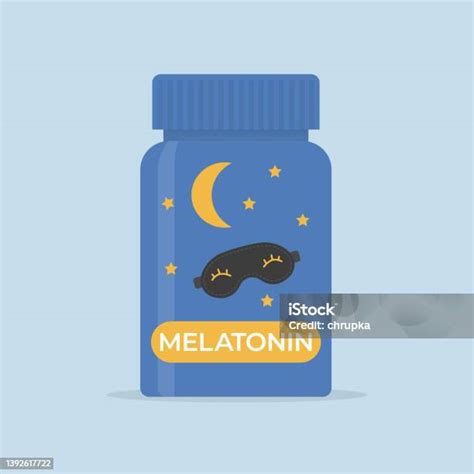
Melatonin and Heart Failure: New Study Raises Concerns
The Popular Sleep Aid Under Scrutiny
Melatonin, the hormone supplement many Americans turn to for better sleep, is facing new questions about its long-term effects on heart health. A recently presented study has found concerning links between prolonged melatonin use and increased risk of heart failure and mortality, potentially challenging the perception of this supplement as completely harmless.
The research, presented at the American Heart Association's Scientific Sessions 2025, analyzed health records of over 130,000 adults with chronic insomnia across multiple countries. The findings suggest that those who took melatonin supplements for more than a year had significantly higher risks for serious cardiovascular events.

Key Findings of the Study
The research revealed several alarming statistics:
- Long-term melatonin users had an 89% higher risk of developing heart failure over five years compared to non-users
- Melatonin users were twice as likely to die from any cause
- A secondary analysis found users were nearly 3.5 times as likely to be hospitalized for heart failure
These associations remained even after researchers accounted for various risk factors, suggesting a potential independent effect of the supplement.
"Melatonin supplements may not be as harmless as commonly assumed. If our study is confirmed, this could affect how doctors counsel patients about sleep aids."
- Ekenedilichukwu Nnadi, M.D., lead researcher
Understanding the Limitations
Before drawing firm conclusions, it's important to note the study's limitations:
- The research is preliminary and not yet peer-reviewed
- The study cannot prove cause-and-effect, only an association
- The study relied on prescription records, potentially missing those using over-the-counter melatonin (especially in countries like the US where it's available without prescription)
- Researchers lacked information on insomnia severity and other psychiatric conditions that might influence both sleep aid use and heart health

What This Means for Consumers
Melatonin is widely promoted as a safe, natural sleep aid and is the fourth most popular natural product taken by adults in the United States. Currently, it's generally considered safe for short-term use (typically defined as 1-2 months) for those who aren't pregnant or breastfeeding.
However, the lack of comprehensive research on long-term effects has been a growing concern among health professionals.
"Melatonin supplements are widely thought of as a safe and 'natural' option to support better sleep, so it was striking to see such consistent and significant increases in serious health outcomes," said Dr. Ekenedilichukwu Nnadi, lead author of the study.
Expert Recommendations
Medical experts are calling for more research while advising caution with melatonin use:
- The American Heart Association's Dr. Marie-Pierre St-Onge noted that melatonin isn't FDA-approved for treating insomnia in the US
- Experts suggest patients should not take melatonin chronically without proper medical supervision
- The findings highlight the need for prospective trials with proper control groups to clarify melatonin's safety profile
As research continues, both healthcare providers and consumers should approach melatonin use with greater awareness of potential risks, especially for those with existing cardiovascular concerns or who anticipate long-term use.
Looking Ahead
This study doesn't change current health recommendations but does suggest that longer-term uses of melatonin need to be studied further to ensure they are safe. The supplement's growing popularity makes this research increasingly important.
For now, those considering melatonin should discuss its use with their healthcare provider, especially if they have existing heart conditions or plan to use it for extended periods.
Share this article
David Kim
Health and science reporter with a background in medicine. Passionate about making complex medical topics accessible.